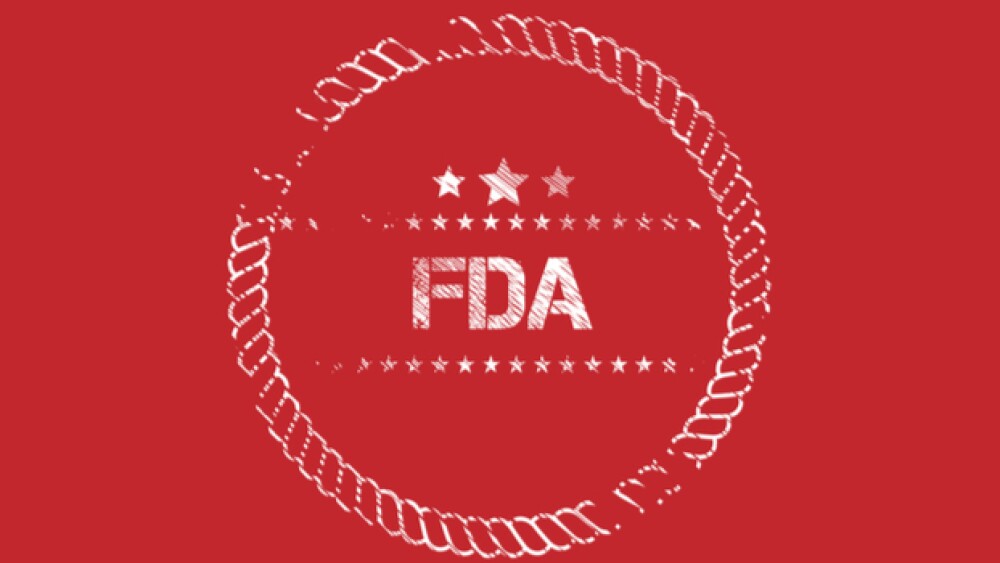Although the beginning of March was fairly slow, the end of the month shows a busy schedule for PDUFA dates for the U.S. FDA. Read on to see what’s on the calendar for this week.
Although the beginning of March was fairly slow, the end of the month shows a busy schedule for PDUFA dates for the U.S. Food and Drug Administration (FDA). Read on to see what’s on the calendar for this week.
Pacira’s Exparel for Use in Pediatric Patients as Postsurgical Analgesia
Pacira Biosciences has a target action date of March 22, 2021, for its supplemental New Drug Application (sNDA) for Exparel’s label to include single-dose infiltration to provide postsurgical analgesia in children aged six and over.
At the time of the FDA acceptance of the sNDA in August 2020, Donald Manning, chief medical officer at Pacira stated, “The FDA acceptance of our sNDA submission confirms and reinforces our unwavering dedication to provide opioid alternatives to as many patients as possible. Currently, postsurgical moderate and severe pain in pediatric patients is principally managed with opioids, which we know come with unwanted and potentially life-threatening side effects. Expanding the Exparel label to the pediatric population will positively impact children, parents, clinicians, hospitals, and payers—as there is a critical need for non-opioid options in this vulnerable population.”
On November 18, 2020, the European Commission granted marketing authorization for Exparel as a brachial plexus block or femoral nerve block for treatment of post-operative pain in adults, as well as a field block for treatment of somatic post-operative pain from small- to medium-sized surgical wounds in adults. The approval was based on data from four pivotal Phase III trials. The drug was originally approved in the U.S. for single-dose infiltration in adults for postsurgical local analgesia and as an interscalene brachial plexus nerve block to produce postsurgical regional analgesia.
Exparel is bupivacaine liposome injectable suspension. It utilizes the company’s DepoFoam to provide product delivery over a desired time period.
Zealand’s HypoPal for Severe Hypoglycemia
Zealand Pharma has a target action date of March 27 for its NDA for the dasiglucagon HypoPal rescue pen for treatment of severe hypoglycemia. The product is designed for diabetes patient for fast and effective treatment for severe hypoglycemia, or low blood sugar. In three Phase III clinical trials in adults and children, the primary and all key secondary endpoints were successfully achieved with a median time to blood glucose recovery of only 10 minutes after injection of 0.6mg of dasiglucagon.
At the company’s March 11 full-year and fourth-quarter 2020 report, Emmanuel Dulac, president and chief executive officer of Zealand, said, “2020 was a pivotal year for Zealand Pharma as transformed from a research and development-focused organization to a fully integrated commercial biopharmaceutical company. We continue to progress our late-stage clinical pipeline across both our metabolic and gastrointestinal franchises and to advance our early-stage pipeline. We are on schedule with our U.S. launch readiness activities in preparation for a potential FDA approval later this month and we are targeting the commercial launch of dasiglucagon auto-injector and pre-filled syringe for severe hypoglycemia in late June.”
Bluebird bio and Bristol Myers Squibb’s Ide-Cel for BCMA-CAR-T
bluebird bio and Bristol Myers Squibb have a target action date of March 27, 2021, for their BLA for idecabtagene vicleucel (ide-cel). The product is an investigational B-cell maturation antigen (BCMA)-directed chimeric antigen receptor (CAR) T-cell immunotherapy. On February 25, 2021, the companies published data from the Phase II KarMMa trial of ide-cel in the New England Journal of Medicine. It demonstrated deep and durable responses in patients with relapsed and refractory multiple myeloma (RRMM) who have had at least three previous therapies, including an immunomodulatory agent, a protease inhibitor and an anti-CD38 antibody.
In March 2020, the FDA declined to review the KarMMa data and issued a Refusal to File letter, saying it needed additional data to review the BLA. It mentioned the Chemistry, Manufacturing and Control (CMC) module as the area that needed the additional data. It was settled shortly afterward.





